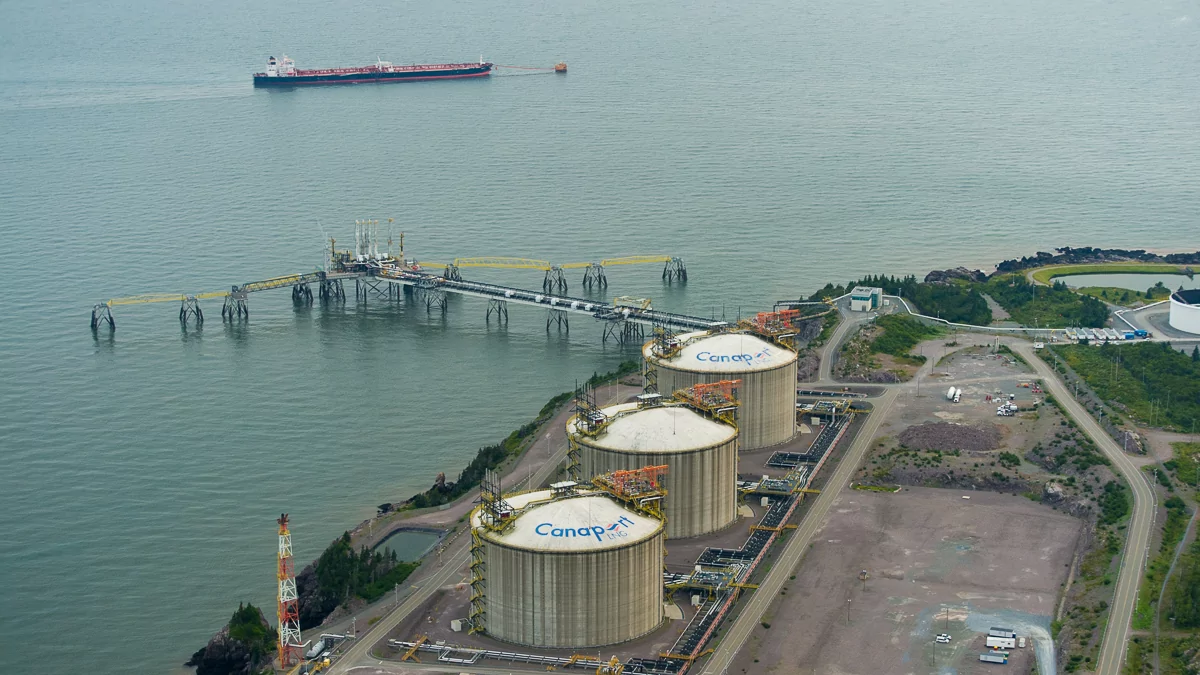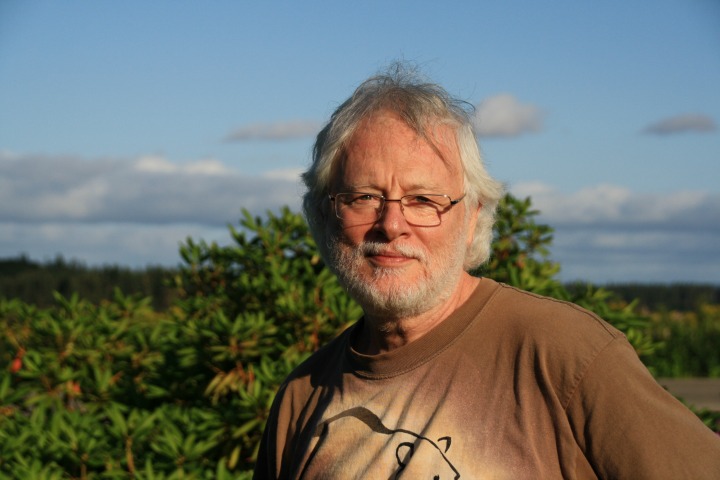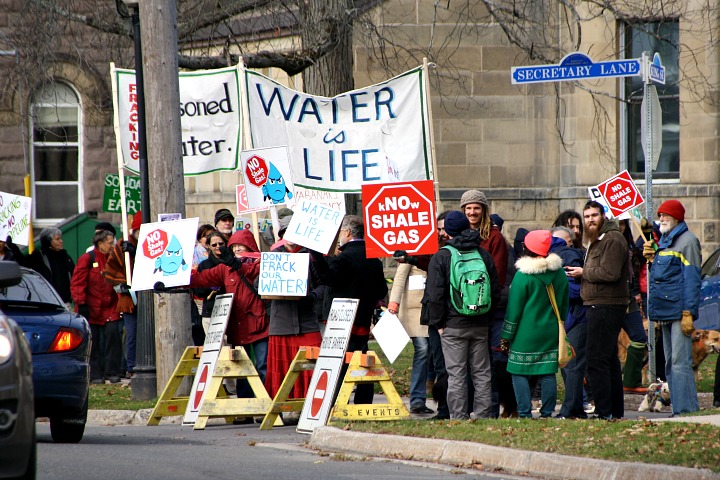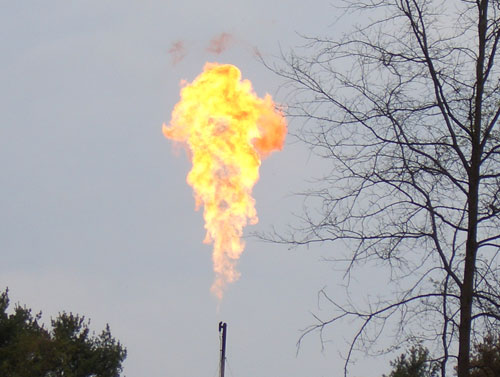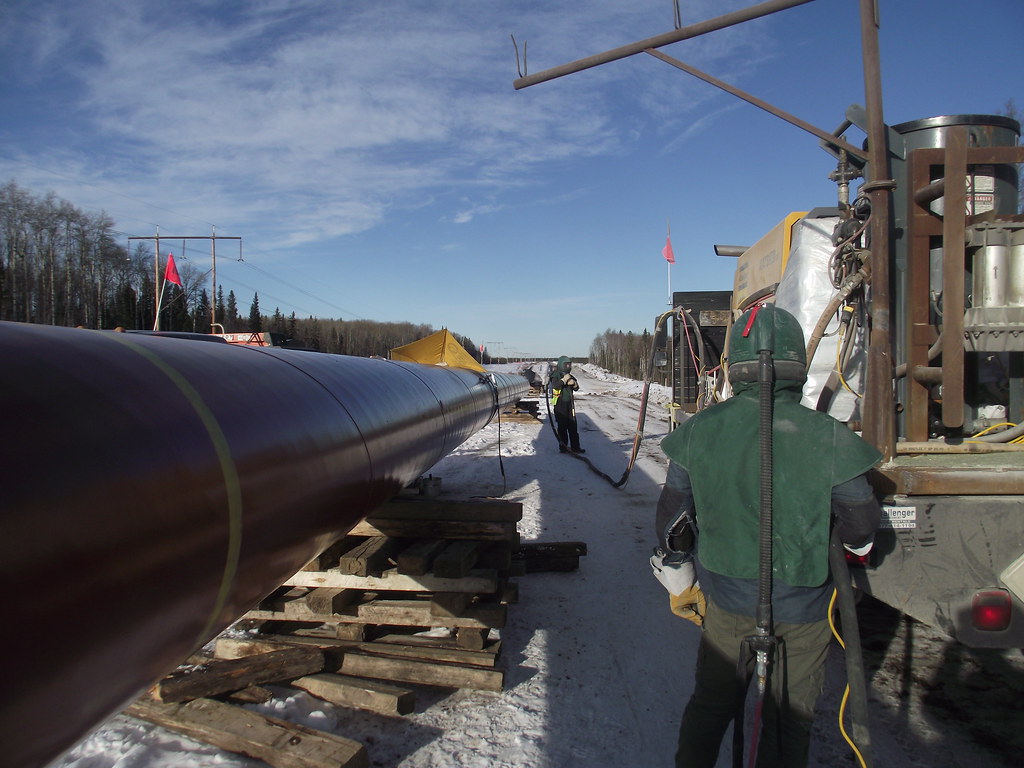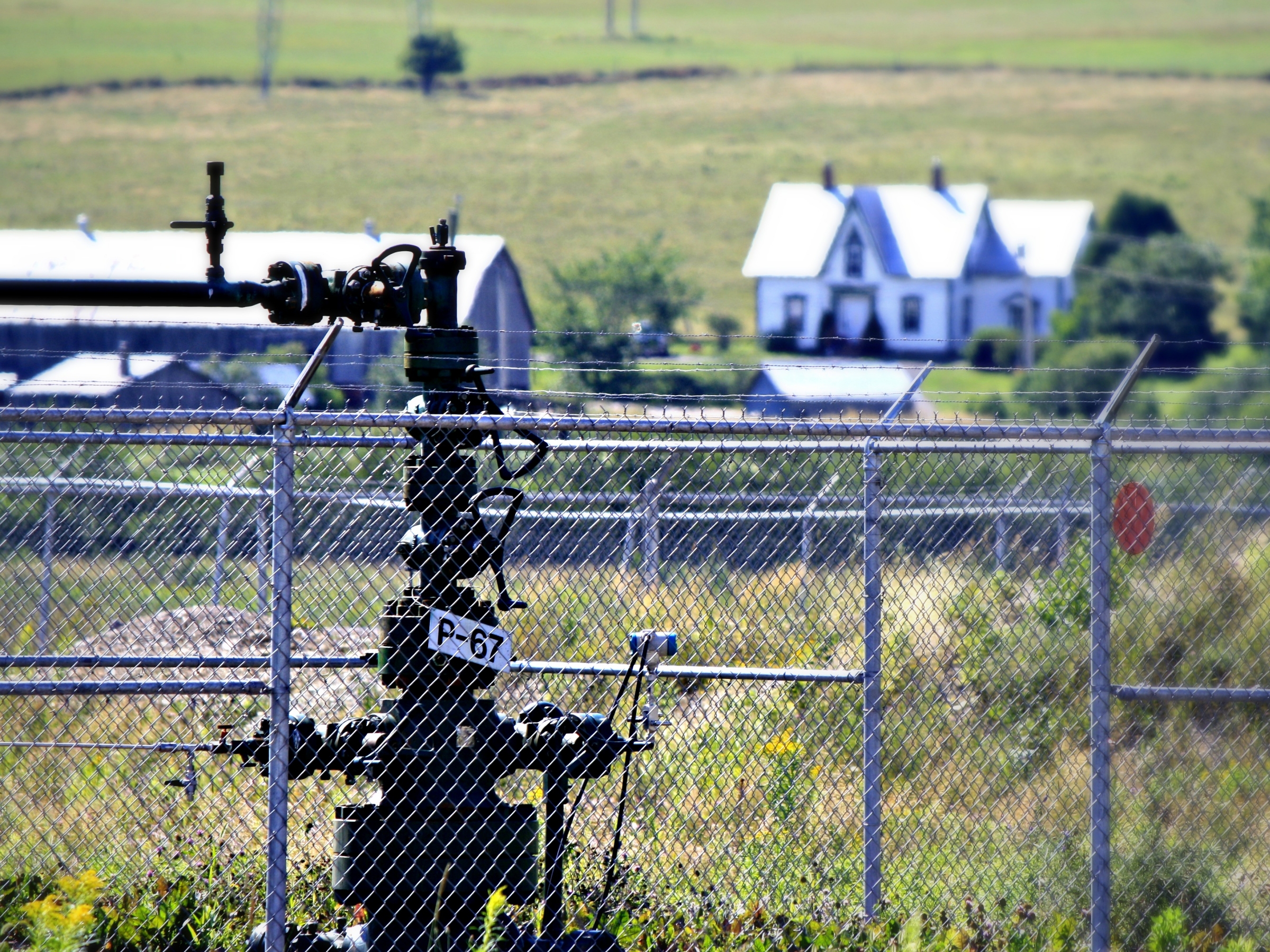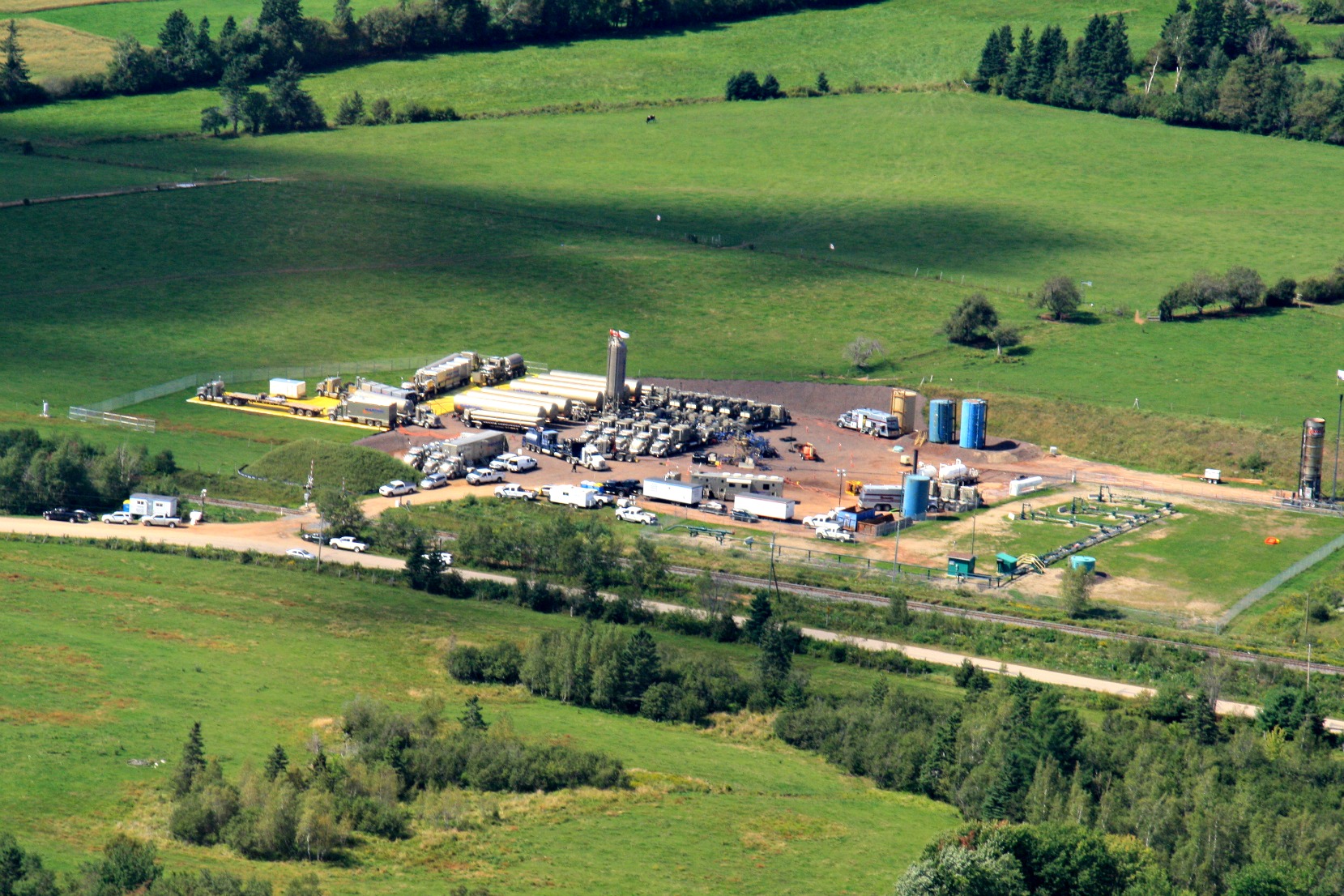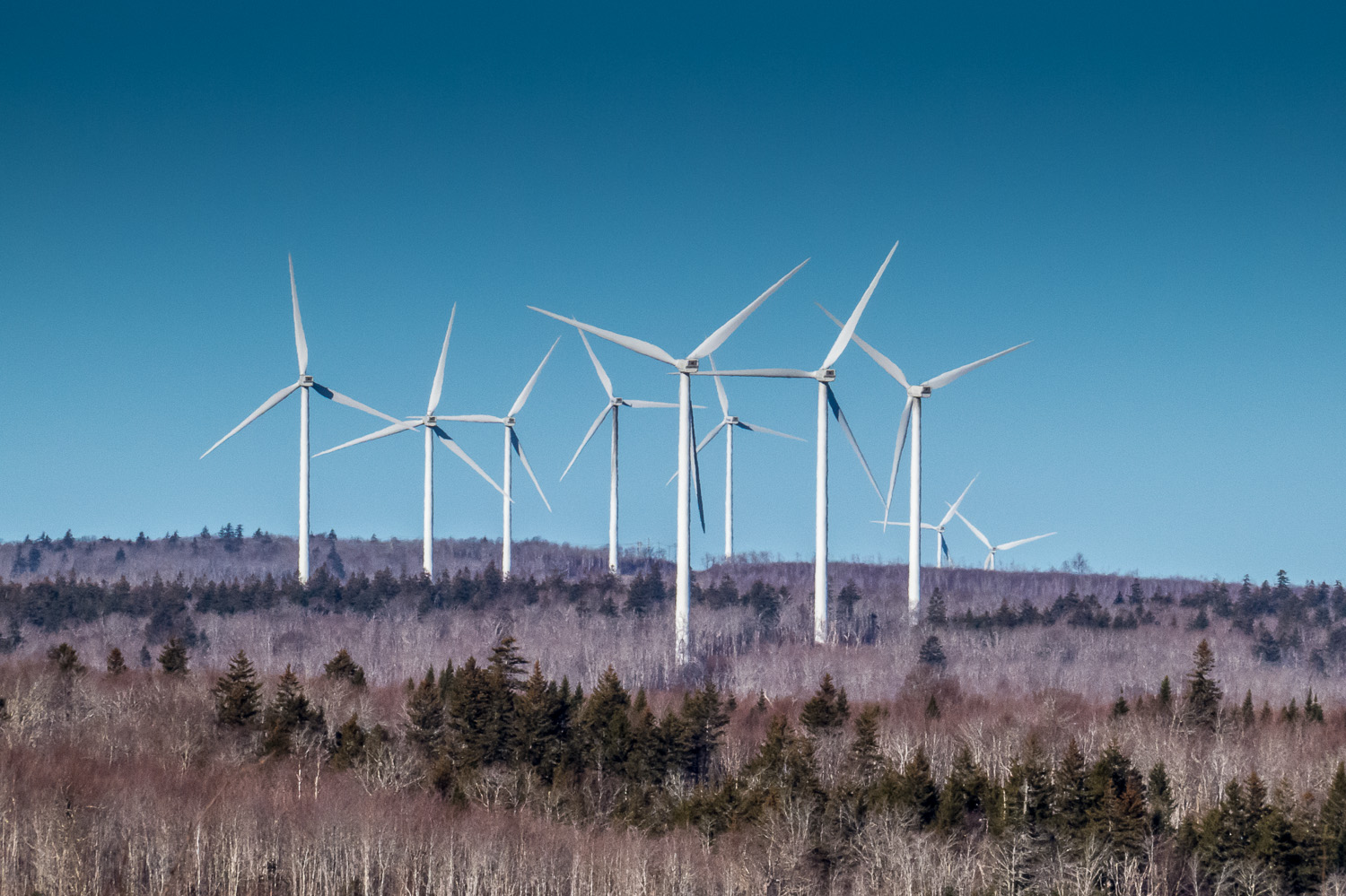
By Jim Emberger – Special to Brunswick News – Published February 20, 2025
Threatening times, with rapidly changing events, inevitably produce two things. Public and media attention becomes focused on the turmoil and pace of immediate concerns, and longstanding issues, regardless of importance, are set aside.
Secondly, some corporate or financial interests will attempt to use the distraction to push profiteering schemes, especially unpopular ones. This is sometimes known as “disaster capitalism.”
We see this today as Canada’s fossil fuel producers, and their political and media allies, respond to Donald Trump’s tariff threats by re-introducing the ideas of the Energy East bitumen pipeline and various shale gas/LNG projects.

